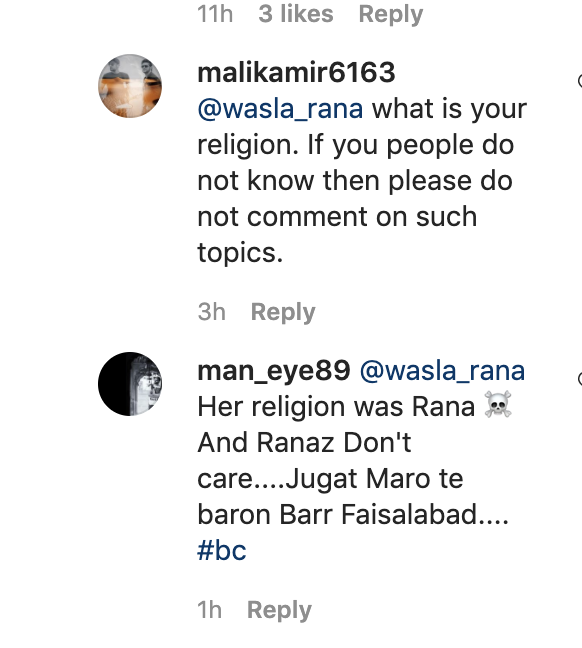Strings guitarist Bilal Maqsood has raised debate on Instagram with his latest post. The musician spoke out against monetizing of Surahs and Duas on YouTube. According to Maqsood, the interruption of a surah with an ad promoting lawn, cooking oil, or the like is highly disrespectful.
His post sparked debate in the comments with followers vying for either side of the argument. While most stuck to simply stating their agreement, there were a few that went more into depth.
https://www.instagram.com/p/CDjdLL5peeW/
Those who supported the presence of ads said it was a way of those making the videos to make money as well. However, Youtube videos of recitations hardly seem like someone’s main source of income.
Given how divided views on music are within the Muslim community, the idea of having music in between their recitations could in fact be more insulting than helpful to the creators.
While healthy debate is always a good sign, it was also disappointing to see some commenters resorting to personal attacks.
Is it ok for ads to play in religious recitation YouTube videos?
The conversation about ads is an interesting one. Streaming platforms like YouTube would have to come up with clever differentiation methods to tell regular videos apart from religious duas and surahs.
For those who are looking at YouTube as a way of income, this could also cause their revenue to decline.
But I’m sure everyone can agree, Youtube’s ad policy seems like a hindrance even when streaming regular videos after their frequency has drastically increased. Further concerns are raised since most advertisements tend to have music in the background which could be an additional concern for listeners who may not think it’s appropriate for them to listen to the music due to personal beliefs.
At the very least, Youtube should limit ads in religious videos to those that don’t include music and keep them to the beginning and end of the video. Interrupting recitations, in particular, is both disrespectful and problematic.
Those who understand Arabic recitations can testify to the delicacy of Quranic Arabic and how easy it is for meanings to change if not recited properly. Interrupting those verses risks cutting off important pieces of recitation and ruins the connection a listener would have to the verses being recited.
What do you think of Bilal Maqsood and his thoughts about not putting duas on YouTube?










I fully agree with Bilal Maqsood that Qur’an recitations, duas and azkars uploaded on YouTube should never contain any advertisements and interruptions musical clips.
With digitalization, popularity of using Qur’an and Dua books is slowly diminishing, when many of younger (and even older) muslim generations today have moved to using mobile phone internet technology to hear and recite Qur’an. Therefore such insertions of advertisement interruptions would defeat the main purpose and benefits of the upload content.
Agreed totally!!!